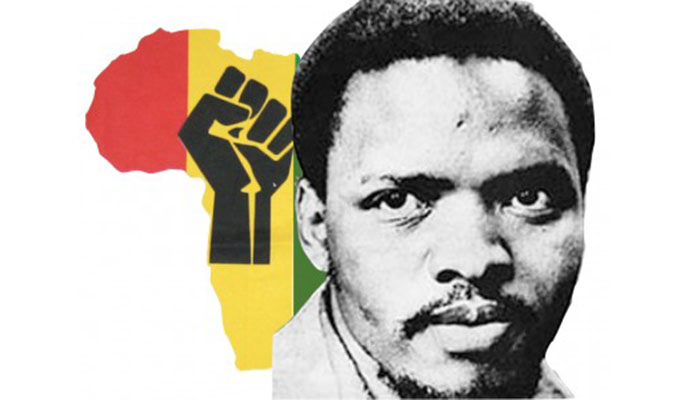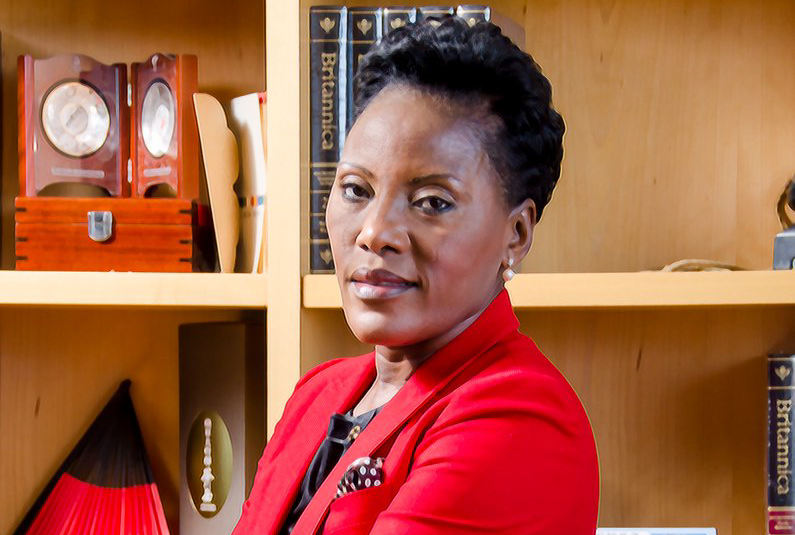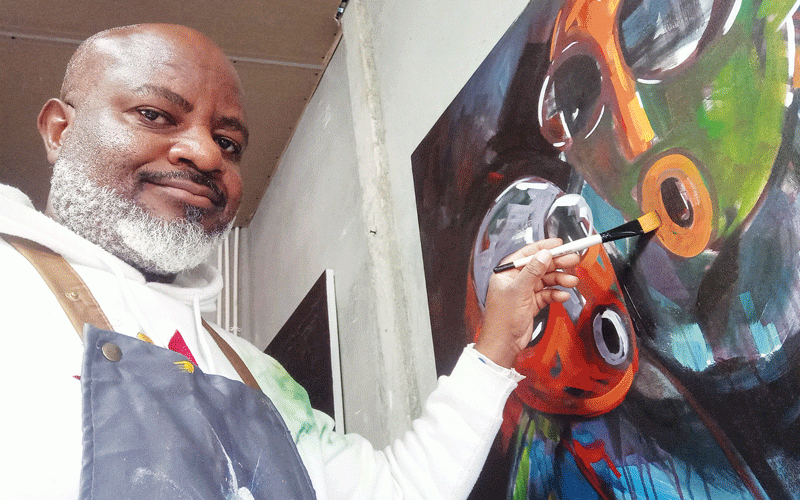
THIRTY-EIGHT years ago this month, on September 12, a bruised and bloodied 30-year-old man lay in a police armoured vehicle under heavy security, as they rushed him to a Pretoria prison with medical facilities. He struggled to breathe; his wounded body soiled the Land Rover vehicle.
For 22 hours he had been kept chained on a window grille under horrific torture. The medical personnel ran to try and save his life, but there was not much to save. His was an emergency, but rather a delayed one; a deliberately delayed one. His tormentors had ensured he would not live. The swollen and dying man, before he could be taken in the rooms, made a final gag; he was gone leaving behind a young wife and a country he dearly loved.
His name was Steve Bantu Biko, the founder and martyr of the Black Consciousness Movement (BCM) in South Africa. His life had been cut short by the apartheid system. Then apartheid Minister of Justice Jimmy Kruger callously said at the time: “I am not saddened by Biko’s death and I am not mad. His death leaves me cold. I have nothing to say.” And they laughed. The apartheid system had killed him for what he believed in: the black man’s emancipation. So feared by the system was Biko that it was considered a crime to quote anything he said.
The life of Steven Bantu Biko (1946-1977) is inspirational and it remains sad that regardless of the massive potential bestowed upon him, he could only live for 30 years on earth. The cruel death of this towering historical figure at the hands of the system shocked the world and exposed the cold-heartedness of apartheid. Steve Biko’s life cut across political, religious, tribal and racial boundaries; he was an embodiment of a real man of the people and for the people he was willing to lay his life against a system that did not believe in the equality of human beings. Biko was a fiery anti-apartheid activist in the 1960s and 1970s in South Africa. He was a medical doctor — a graduate of the Natal Medical School — yet he did not subscribe to the politics of comfort. Reflecting on the life of this hero, one would agree with popular belief that legends normally die young. Biko died at a time when his inspiration was solely needed.
He was some kind of Moses, who sadly could not reach the Promised Land, and what an agonising way he went. Biko’s painful death broke the hearts of many. However, his life has continued to inspire many across the world.
So brutal and repressive was the apartheid system that, in Biko’s words: “It gave South Africa an inhuman face.” The black man could not stand on equal footing with the white man.
It was in the wake of such evil that Biko fought and would often say: “In time we shall be able to give South Africa the greatest possible gift — a more human face.”
Biko was expelled from the University of Natal in 1972 due to his political activity.
- Chamisa under fire over US$120K donation
- Mavhunga puts DeMbare into Chibuku quarterfinals
- Pension funds bet on Cabora Bassa oilfields
- Councils defy govt fire tender directive
Keep Reading
He continued to be a thorn in the flesh of the apartheid system as they found him too difficult to handle while he argued the black man’s cause. The oppressive system felt threatened by Biko and consequently the administration banned him in 1973. The ban was so stringent that it carried the following conditions: Biko was not allowed to speak to more than one person at a time. He was not allowed to speak in public. Further, Biko was not allowed to speak to the media and he was not allowed to write publicly.

Biko’s dissent and continued torment of the regime resulted in the regime plotting not only to ban him, but to silence him for good. On August 18, 1977, Biko was arrested on trumped-up charges. He was taken to an unknown location by police officers who interrogated him. The interrogation gave no regard to his need for rest. It lasted a cruel 22 hours. The interrogation involved torture and beatings. He was kept naked and chained throughout the interrogation. The interrogators themselves would rest, but he was not allowed to rest.
He was severely tortured. They badly scarred him and to date no information can establish the aim of the interrogation. What is known is that the more than 20 hours of interrogation resulted in Biko, who had been fit hours before, plunging into a coma. His wife Angela strongly refuted the “ridiculous” claims that Biko had been ill before his arrest.
After the clandestine interrogation, the next thing was the shameless administration presenting a weak and incapacitated Biko who was at the point of death. Biko could not recognise anyone and his breathing had slowed down. The hurting part was the delay in taking him to hospital. It was later to be realised that he had eaten no food throughout the interrogation and further, that his entire body had severe wounds. Biko died upon arrival at Pretoria prison on September 12, 1977.
I maintain that Biko won the fight against the evil apartheid system because news of his death spread like a bush fire in the wind bringing the attention of the world to the evils of the apartheid system. Biko’s death in detention opened the eyes of many across the world who began to appreciate and condemn the brutality of apartheid. The shameless government tried to defend its killing of Biko, but the world would not buy the ludicrous versions instead joining hands in fighting against the system. The killing of Biko served as an acknowledgement of the truth and strength of his cause and convictions. It was an acknowledgement of defeat on the part of the system.
Just like the Biblical Stephen who died at the hands of an evil system, Biko’s legacy lives on and indeed for years to come will remain the quintessence of the victory of good over evil; victory through death.
lLearnmore Zuze is a legal researcher, author, and media analyst. He writes here in his own capacity. E-mail:[email protected]











